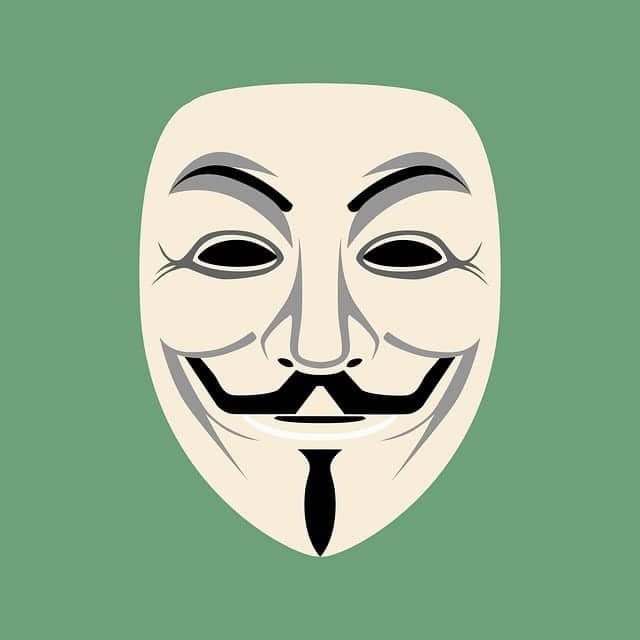What is Jack’s mask a metaphor for? In William Golding’s novel Lord of the Flies, Jack is known for his descent into violence and savagery. Throughout the novel, Jack’s use of a mask is prominent as he hides behind it while harming others. Hiding behind a mask while committing atrocities is not limited to fiction but is also an issue in real life. The metaphorical significance of Jack’s mask represents the dangers that come with hiding behind a false persona.
What is Jack’s mask a metaphor for? (Answer)
Initially, Jack seems like an average schoolboy with good intentions. However, as he becomes more obsessed with hunting and exerting power over others, he begins to lose touch with his true self. In Chapter 4, when Ralph and Piggy confront him about neglecting his responsibility to keep the signal fire going, Jack snaps at them and puts on his mask as an act of defiance. From this point on, he continues to wear his mask whenever he indulges in violent or savage behavior.
Jack’s mask symbolizes his transformation from a civilized schoolboy to a barbaric hunter. It shows how easy it is for someone to hide their true nature behind a facade and become something they are not. Just like how Jack dons a mask before committing violent acts, individuals in real life often put on a fake persona before engaging in harmful activities.
One example where this concept applies would be cyberbullying. Individuals who engage in cyberbullying often do so under anonymous usernames or fake profiles to avoid facing any consequences for their actions. Similar tactics are used by criminals who wear masks during robberies or other illegal activities so that they cannot be identified or caught.
Furthermore, Jack’s use of a mask also highlights how people can justify their actions when they’re detached from their true identity. When wearing a disguise or using anonymity online, individuals often feel emboldened to behave in ways they would not otherwise do so. They can separate themselves from their actions and feel as though they aren’t responsible for the consequences of their behavior.
What larger idea does Jack’s mask represent?
Jack’s mask in Lord of the Flies represents the larger idea of empowerment and eventual savagery. Initially, the mask allows Jack to hide his true identity and liberate himself from societal norms and expectations. It becomes a symbol of power as it enables him to unleash his primal instincts and indulge in violent behavior, leading to a descent into savagery. The mask thus signifies how the pursuit of power can corrupt individuals and lead them toward destructive tendencies when unchecked by civilization.
What colors does Jack paint his face?
Jack paints his face with white, red, and black colors in Lord of the Flies.
What do the colors of Jack’s mask symbolize?
The colors of Jack’s mask in Lord of the Flies symbolize violence, terror, and evil. The red represents the bloodshed and brutality that Jack and his tribe engage in, the white represents the fear and terror they instill in others, and the black symbolizes their descent into darkness and savagery.
What does Jack painting his face symbolize?
Jack painting his face symbolizes the descent into savagery and the loss of civilization on the island. It represents a transformation from a civilized boy to a ruthless hunter, as he uses it as a means to disguise himself while hunting. This act of masking his identity reflects the growing power of primal instincts and the abandonment of societal norms, ultimately leading to chaos and violence among the boys.
Conclusion
In conclusion, Jack’s mask in Lord of the Flies is a metaphor for the dangers of hiding behind a false persona. His transformation from a civilized schoolboy to a savage hunter shows how easily someone can lose touch with their true identity and become something they’re not. The use of masks to hide one’s true self while committing harm is also an issue in real life, emphasizing the significance of this metaphorical symbol. We must remember that our actions have consequences, and we must be accountable for them, even when it means facing them without any disguise.
